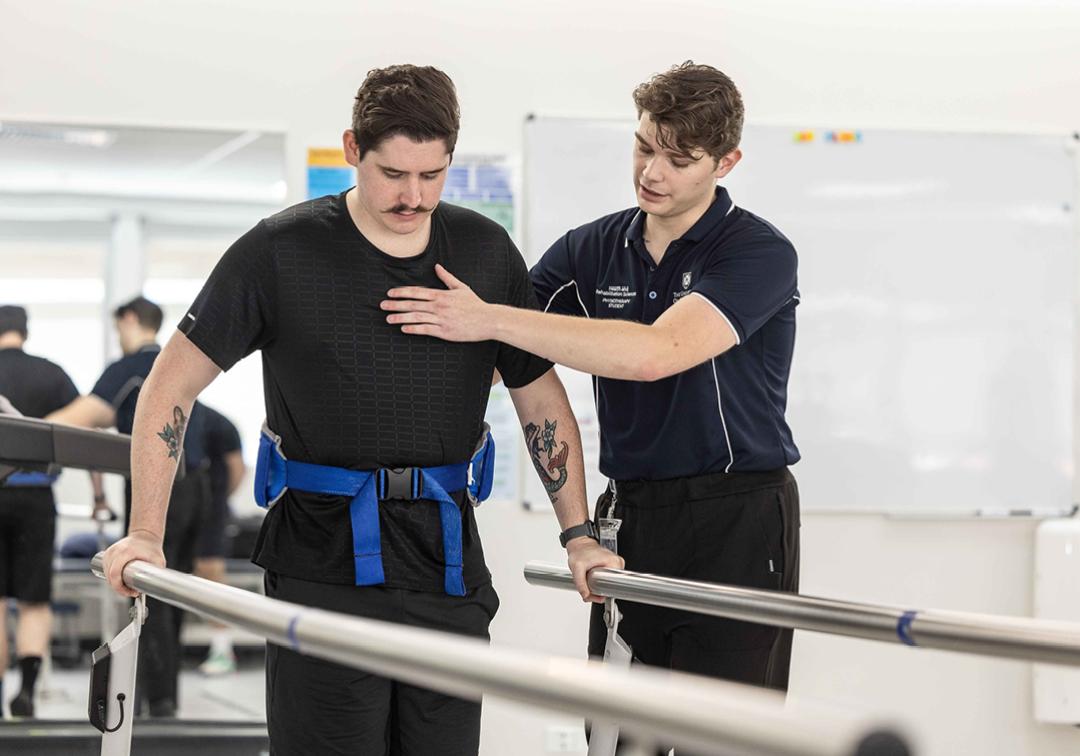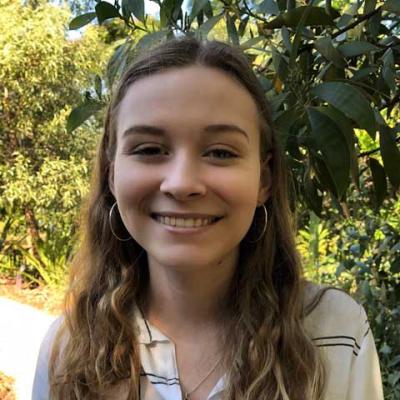
Explore the study of spatial patterns of physical and human phenomena at local, national and global scales.
Blending theory with real-world experience, you’ll learn to apply geographical information science (GIS) software and remote-sensing technologies for data analysis, data modelling and developing map visualisations.
We broaden your critical-thinking and teach you how to apply GIS to solve key environmental, societal or planning issues faced in today’s modern world.
You’ll be equipped to pursue a broad range of career opportunities, including roles in natural resource management, national parks and wildlife conservation.
Career possibilities
Our programs prepare you for your first job and beyond. Here are some of the careers you could be on your way to:
- Biodiversity project officer
- Environmental management team lead
- Wildlife management officer
- Park ranger
- Geospatial officer
- Geoscientist
- Geophysicist
Events
See all events
9 June
Master of Physiotherapy information webinar

29 June
Queensland Biology Winter School, Year 12

1 July
International Baccalaureate Research Skills Program
Stories
See all stories
UQ people
Turning her curiosity into a healthcare career
4-minute read

Careers
Transform your career with 4 business psychology courses
3-minute read

Uni life
What’s it like to study business psychology as a postgraduate?
5-minute read
Stories
See all stories
UQ people
Turning her curiosity into a healthcare career
4-minute read

Careers
Transform your career with 4 business psychology courses
3-minute read

Uni life
What’s it like to study business psychology as a postgraduate?
5-minute read
How you'll learn
Your learning experiences are designed to best suit the learning outcomes of the courses you choose.
- Lectures
- Tutorials
- Laboratory work
- Fieldwork
What you'll study
At UQ, subjects are called 'courses'. Here's a sample of the courses you could study:
- Geographical Information Systems
- Environment & Society
- Introduction to Remote Sensing
- Catchment Processes and Management
- Physical-Biological Oceanography
Keep up to date
Sign up to get information about applying and studying at UQ.

